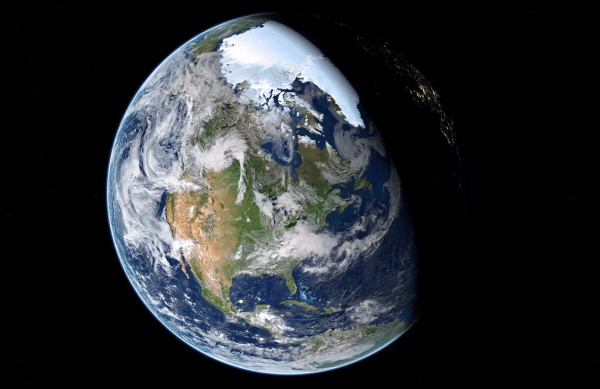
Abu Dhabi
Source: Al-Ittihad newspaper
Dr.. Ali Mohamed Al Khouri
If we want to understand the present and prepare for the future, we must first comprehend historical events based on facts with their facts and details.
With a quick historical reading, we find that the world in the last century went through two major world wars, several natural disasters, most notably the Spanish flu epidemic, and witnessed bitter economic setbacks, the first of which was the Great Depression after World War I. And here is humanity after a century, it seems, going through the same historical cycles, but in a new way.
The point of difference here lies in the great technological developments that expanded the horizons of knowledge in our societies. It became possible to assimilate past experiences in a relatively better way. There is no doubt that possessing the experience resulting from those experiences definitely benefits humans when they are repeated again, especially if the challenges are great, such as The Corona pandemic, the tensions of the Russian-Ukrainian war, and the technological economic war between China and the United States of America, which is long-term and sometimes cold, but is flammable at any time.
Overall, these challenges contributed to changing the global scene, which has witnessed great stability in the last three decades, especially after the end of the cold war between the eastern and western camps in the early 1990s. These three contracts were characterized by basic features that can be summarized in the following points:
1. Globalization: It has led to a significant increase in the freedom of trade and its flow among the countries of the world, so some countries have increased their dependence on other countries without regard for being far or near.
2. The great development in technology and the transition of computer capabilities to new horizons: Technology has invaded all aspects of life, and has dominated almost all human activities, and transformed the economy into the concept of the digital economy.
3. One global polarity: its effects were reflected in weakness, affecting large regional and geographic blocs, such as the League of Arab States, the African Union, the Association of Southeast Asian Nations, and even the European Union. Here, the following two questions should be asked: What is our assessment of the variables whose features we notice progress in light of what the world is witnessing now? And how do we realize its consequences?
The truth is that the world has been affected by many crises that have afflicted it, and the global economy has become severely groaning from them, and therefore governments have begun to tend to mitigate the causes that led to the Russian-Ukrainian war, including the global trend to restore the atmosphere of the Cold War between the eastern and western camps, including It does not allow the outbreak of a third world war.
And if this is what countries and global blocs insist on seeing the importance of probing the conflict to the end, in the hope that the result will be an economic victory that will be achieved by the collapse of one party before the other, then can the Arab region be considered a real party in this conflict?
How can its countries distance themselves from it, especially since many of them suffer economically? In fact, two facts must be acknowledged. The first is that our Arab countries are not a party to that conflict, and that many countries of the world wish to escape from the successive stages of the era, which put pressure on economies and peoples severely, and use the policy of brinkmanship.
The second is that our countries do not want more disruption in supply chains, nor more high rates of inflation, from which even oil and gas exporting countries are not spared. Given the interconnectedness of the global network of interests, one of the most important solutions offered is dismantling globalization, and transforming the world into regional economic centers that make it safer and less dangerous, providing an alternative in the event the main productive resources are disrupted.
Finally, we review the most prominent strategic variables that can be observed today, and are believed to be consolidated in the next two decades:
First: The world’s tendency towards multipolarity, which means more freedom and balance in the world, and gives us opportunities for scientific research, development, and regional alliance.
Second: The emergence of global regional economic zones, and it is expected to enhance the reality of Arab-Arab and Arab-African cooperation in the economic field and productive integration, despite the continuation of globalization, but with the mitigation of the risks of unilateral dependence, which exposed industries to the risks of stopping for the slightest shortage of components!
Third: The trend towards more technological integration and the enhancement of digital reality, given the expected large economic return, with the necessary insurance being given to ensure business continuity, as the localization of technology has become an inevitable option.
| About | |
|---|---|
| Initiatives | |
| Knowledge | |
| Services | |
| Media Center | |
| Contact |